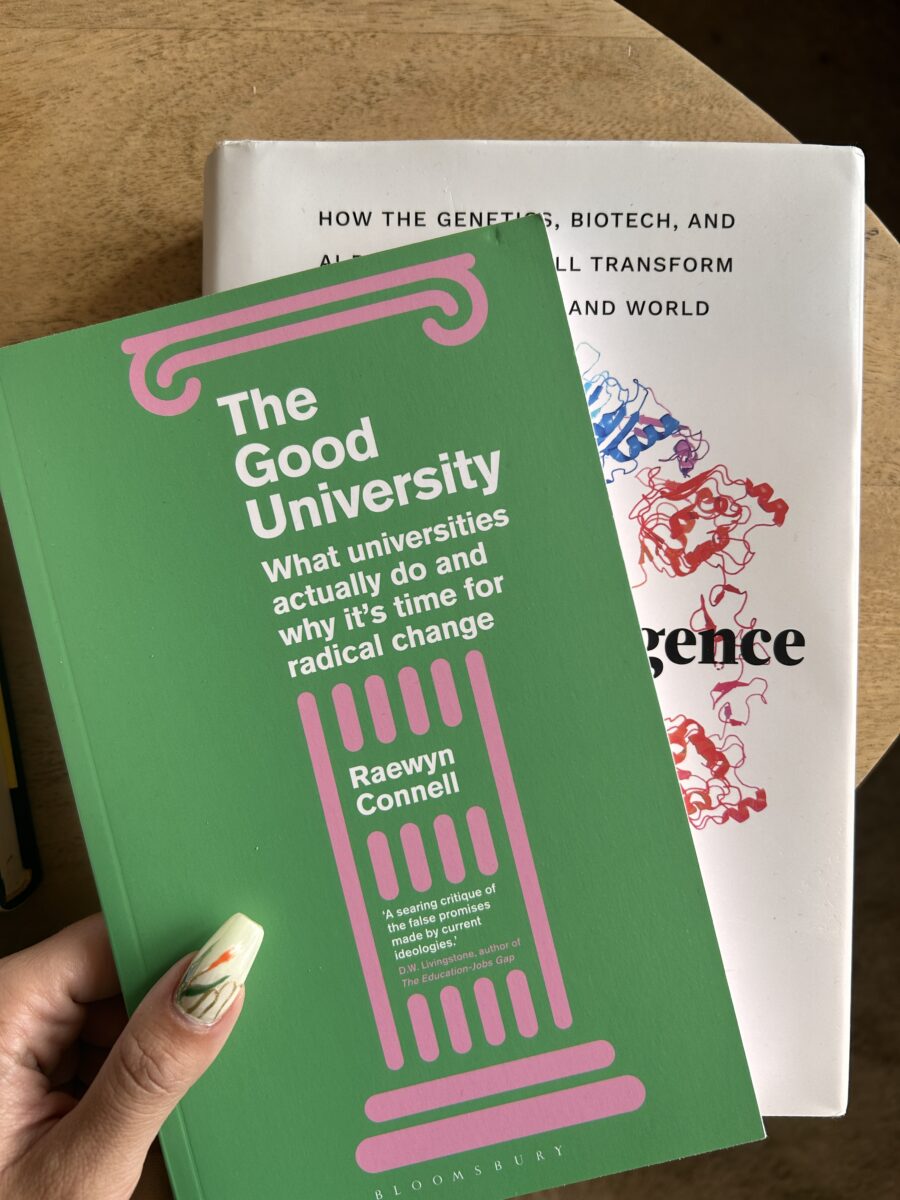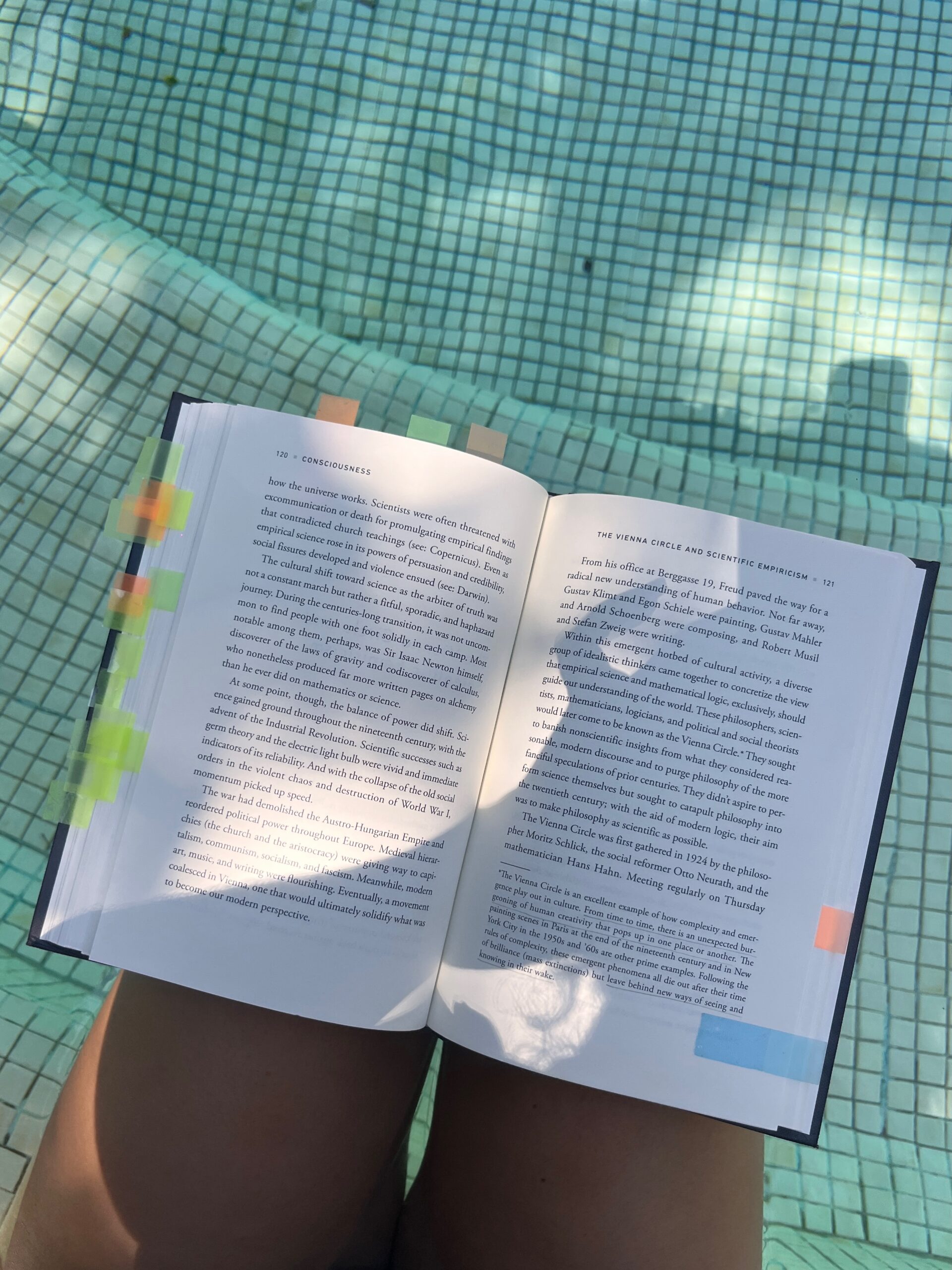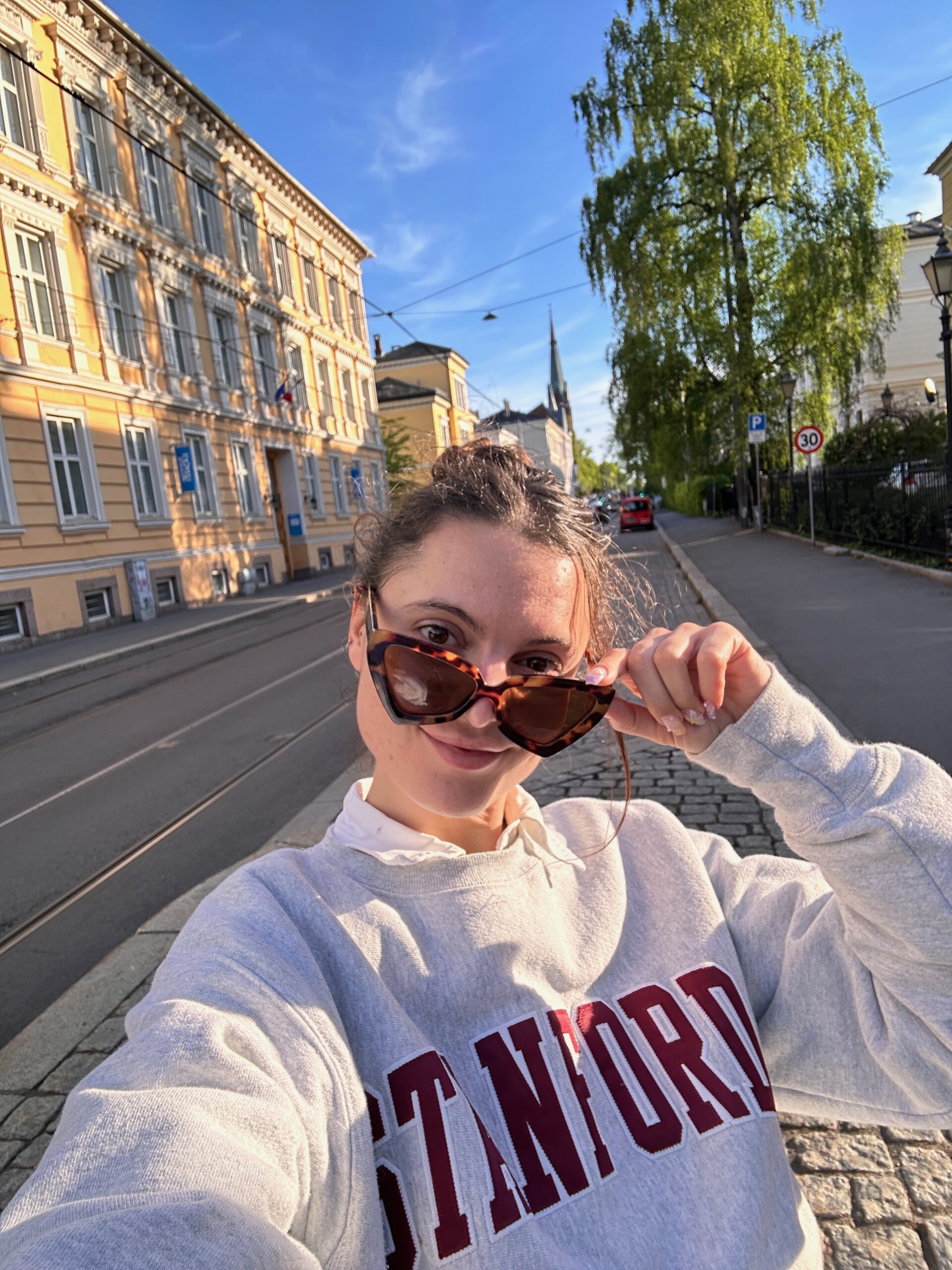As the academic year begins, I find myself reflecting on the complexities and challenges of our contemporary world. To navigate this landscape, I’ve curated a reading list that promises to deepen my understanding of key issues in global society. These books span a range of topics, from the future of biotechnology to the nuances of cultural communication, offering insights that are both timely and transformative. Whether you’re a student, educator, or simply a curious reader, I invite you to explore these titles and join me on a journey towards greater awareness and informed engagement with the world around us.
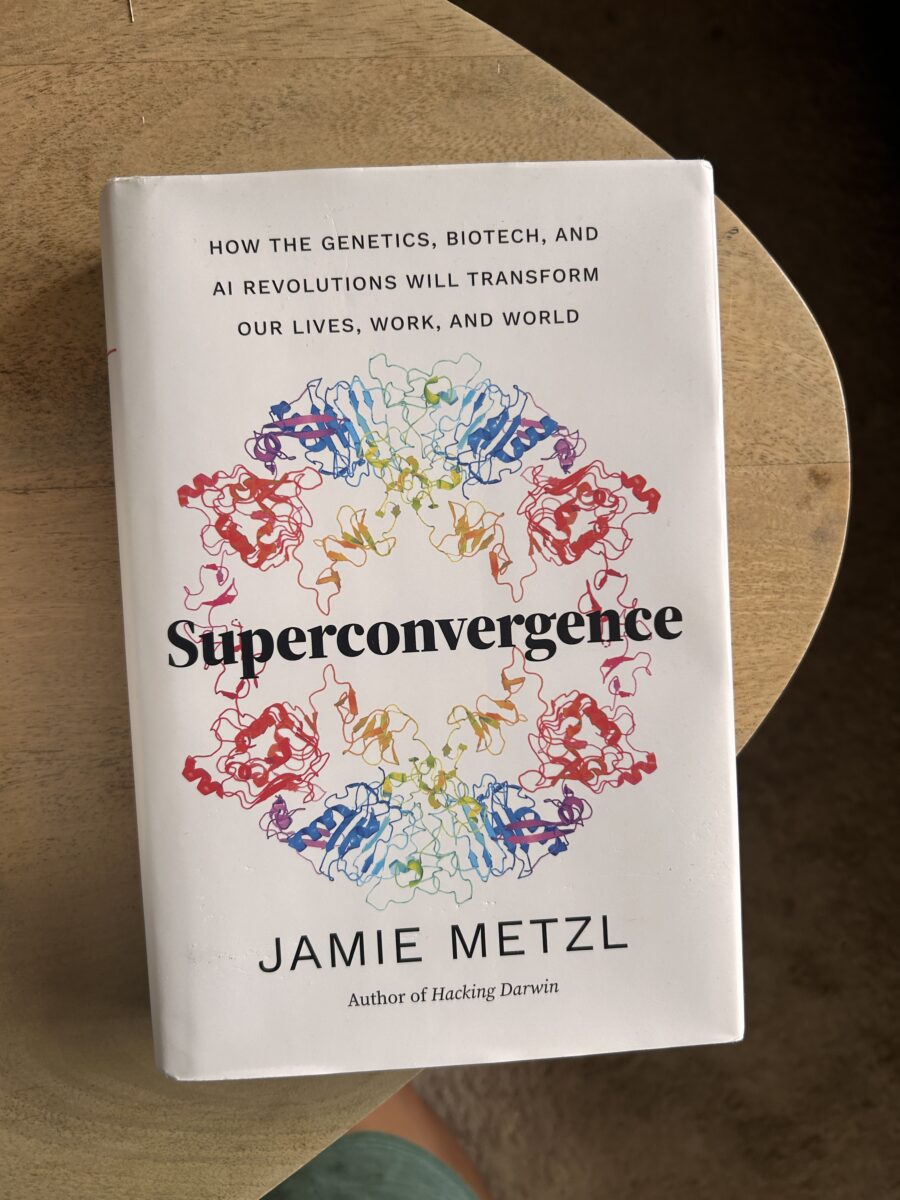
Superconvergence
Recommended by a friend who is deeply immersed in the biotech startup world, Superconvergence by Jamie Metzl is a must-read for anyone interested in the intersection of technology, biology, and society.
The book delves into the rapid advancements in genetic engineering, artificial intelligence, and other frontier technologies that are converging to reshape our future. Metzl offers a balanced perspective on the promises and perils of these innovations, emphasizing the ethical considerations that must guide their development.
As we stand on the brink of a new era, Superconvergence challenges us to think critically about the societal implications of these technologies and the role we must play in shaping a future that benefits all of humanity.
The Good University
In The Good University, Raewyn Connell, a prominent voice in the decolonization movement, critiques the current state of higher education and offers a vision for a more just and inclusive academic environment.
This book was mentioned by a colleague at the Decolonization Collective at Leiden University, and it has since become an essential read for anyone concerned with the future of education. Connell examines the ways in which neoliberal policies have commodified knowledge and marginalized diverse voices. She advocates for a university system that prioritizes public good over profit, embraces indigenous and non-Western forms of knowledge, and fosters a truly democratic and equitable academic community.
The Good University is a powerful call to action for educators and students alike to reclaim the transformative potential of education.
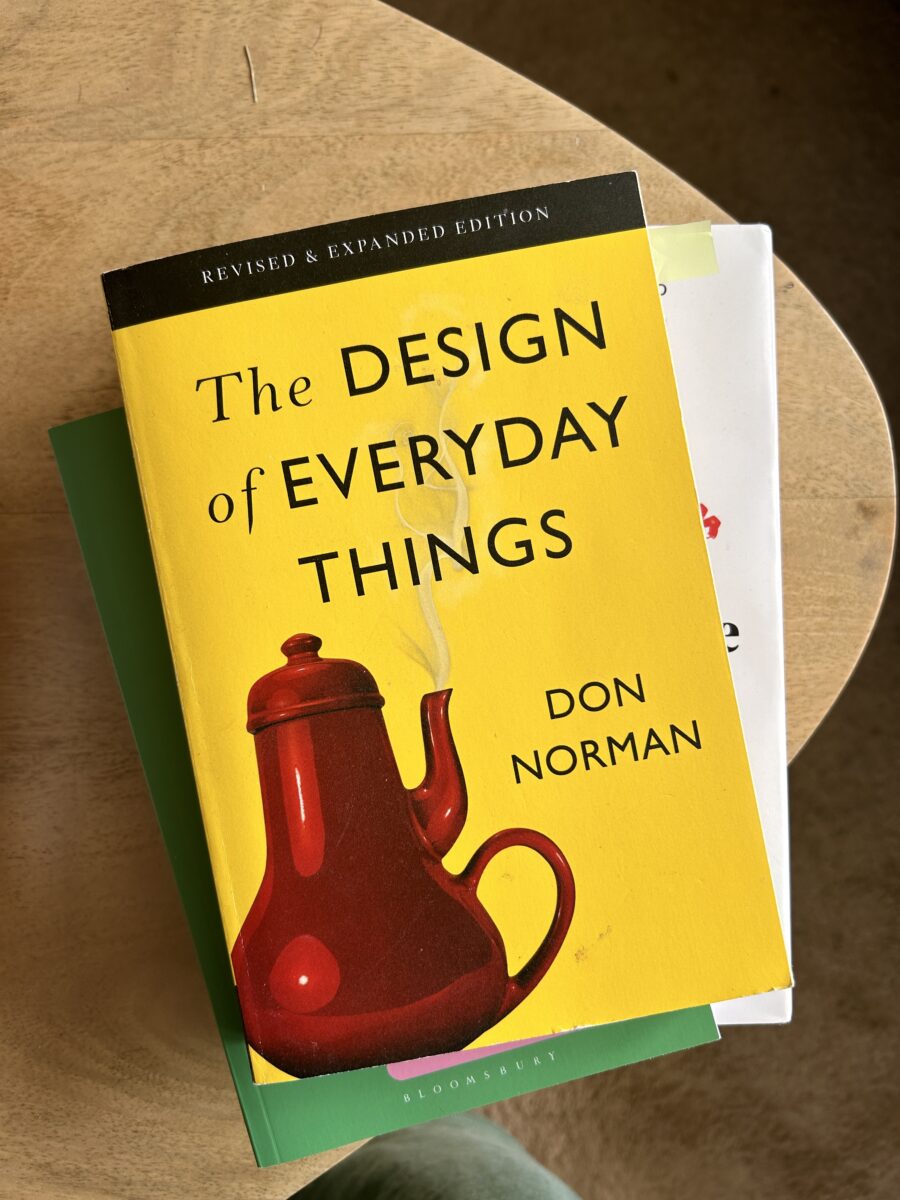
The Design of Everyday Things
A classic in the field of design and usability, The Design of Everyday Things by Don Norman has been on my reading list for a while. This book explores the psychology behind good and bad design, revealing how thoughtful design can make our interactions with everyday objects more intuitive and enjoyable.
Norman’s insights are particularly relevant in today’s digital age, where the user experience of products and services plays a crucial role in their success. By understanding the principles of human-centered design, we can create products that not only meet functional needs but also enhance our overall quality of life.
The Design of Everyday Things is a valuable resource for anyone involved in design, technology, or simply interested in how the things we use shape our experiences.
Mécanique du Privilège Blanc
Written by my friend Estelle Depris, Mécanique du privilège blanc is a profound exploration of white privilege within contemporary society, particularly in the French context.
Depris uses personal narratives, historical analysis, and sociological research to unpack the often-invisible mechanisms that perpetuate racial inequalities. This book challenges readers to confront uncomfortable truths about systemic racism and the advantages afforded to individuals based on their race.
t’s an essential read for anyone committed to understanding the depth of racial issues in modern society and working towards genuine equality. Depris’s work is a call to action, urging us to reflect on our own roles within these systems and to strive for a more just world.
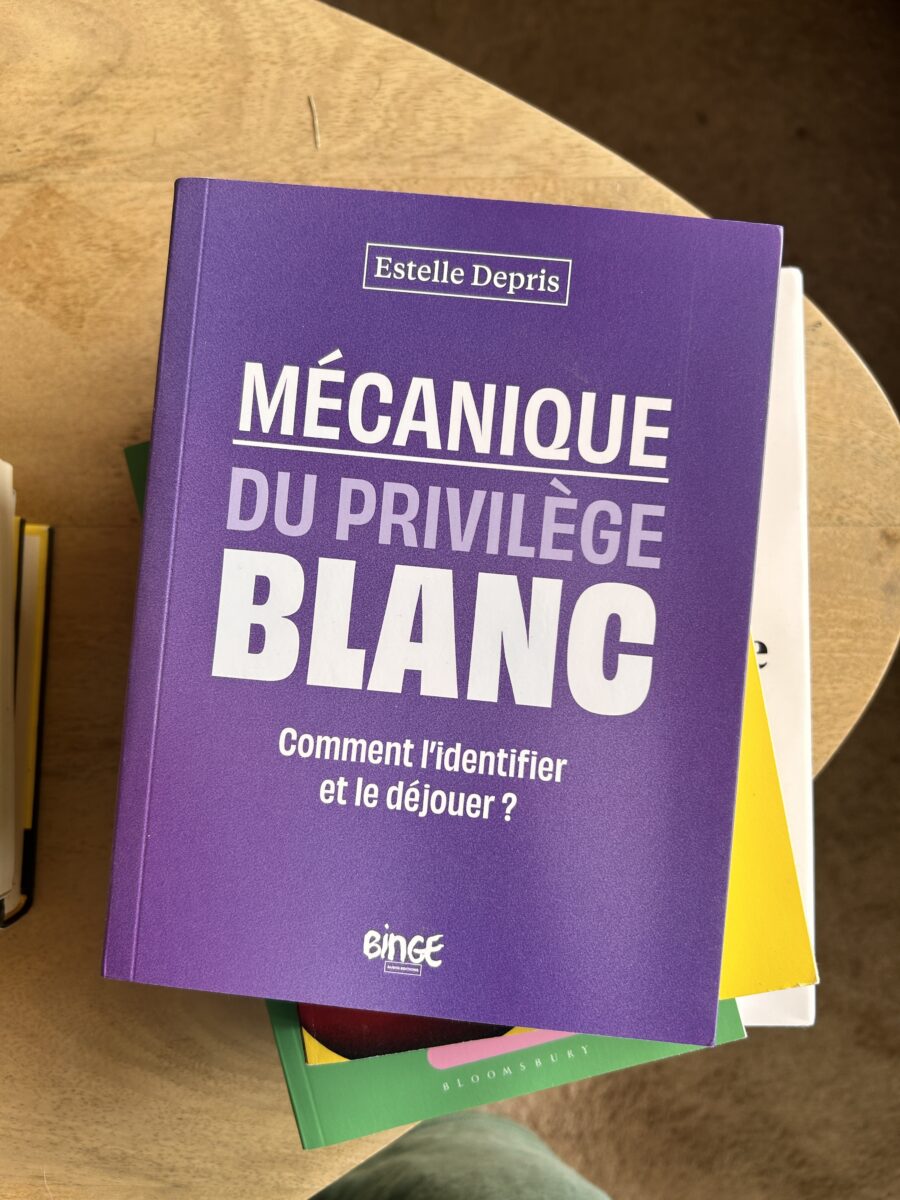
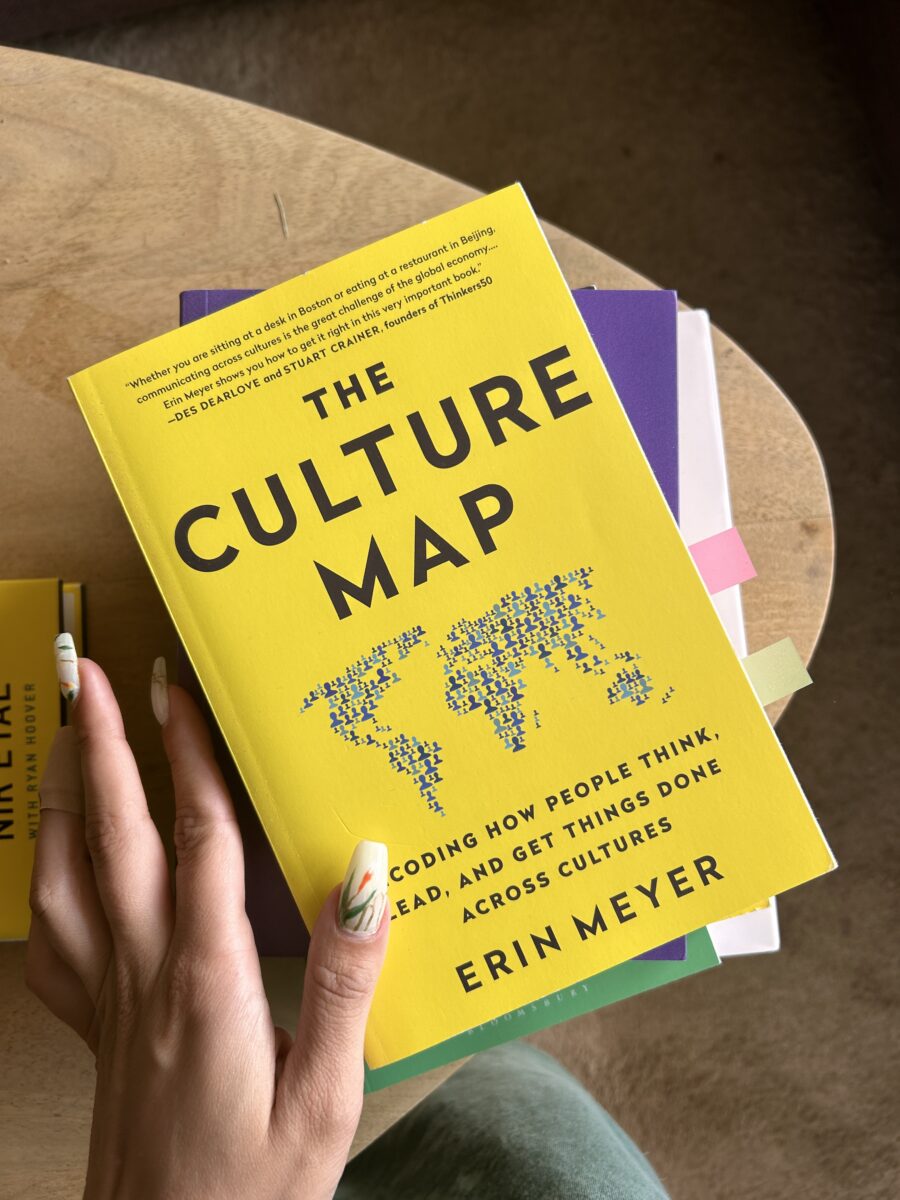
The Culture Map
The Culture Map by Erin Meyer is an insightful guide to navigating the complexities of cross-cultural communication in today’s globalized world.
Recommended by a colleague, this book has been invaluable in helping me understand the diverse cultural dynamics that influence how people work, communicate, and collaborate. Meyer breaks down cultural differences into practical frameworks, making it easier to bridge gaps and avoid misunderstandings in international settings.
Whether you’re leading a multicultural team, working abroad, or simply interacting with people from different cultural backgrounds, The Culture Map provides essential tools for fostering effective communication and collaboration. It’s a book that reminds us of the richness of cultural diversity and the importance of empathy and adaptability in global interactions.
Hooked
In the digital age, understanding what makes products addictive is crucial, both for creators and consumers. Hooked by Nir Eyal dives into the psychology of habit-forming products, offering insights into how companies design experiences that keep users coming back.
This book is particularly relevant for anyone involved in product development, marketing, or digital design, as it explores the ethical considerations of creating products that tap into our behavioral triggers.
Eyal’s “Hook Model” provides a framework for creating engaging products while also prompting us to consider the ethical implications of these design choices. Hooked is a valuable resource for understanding the fine line between user engagement and exploitation.
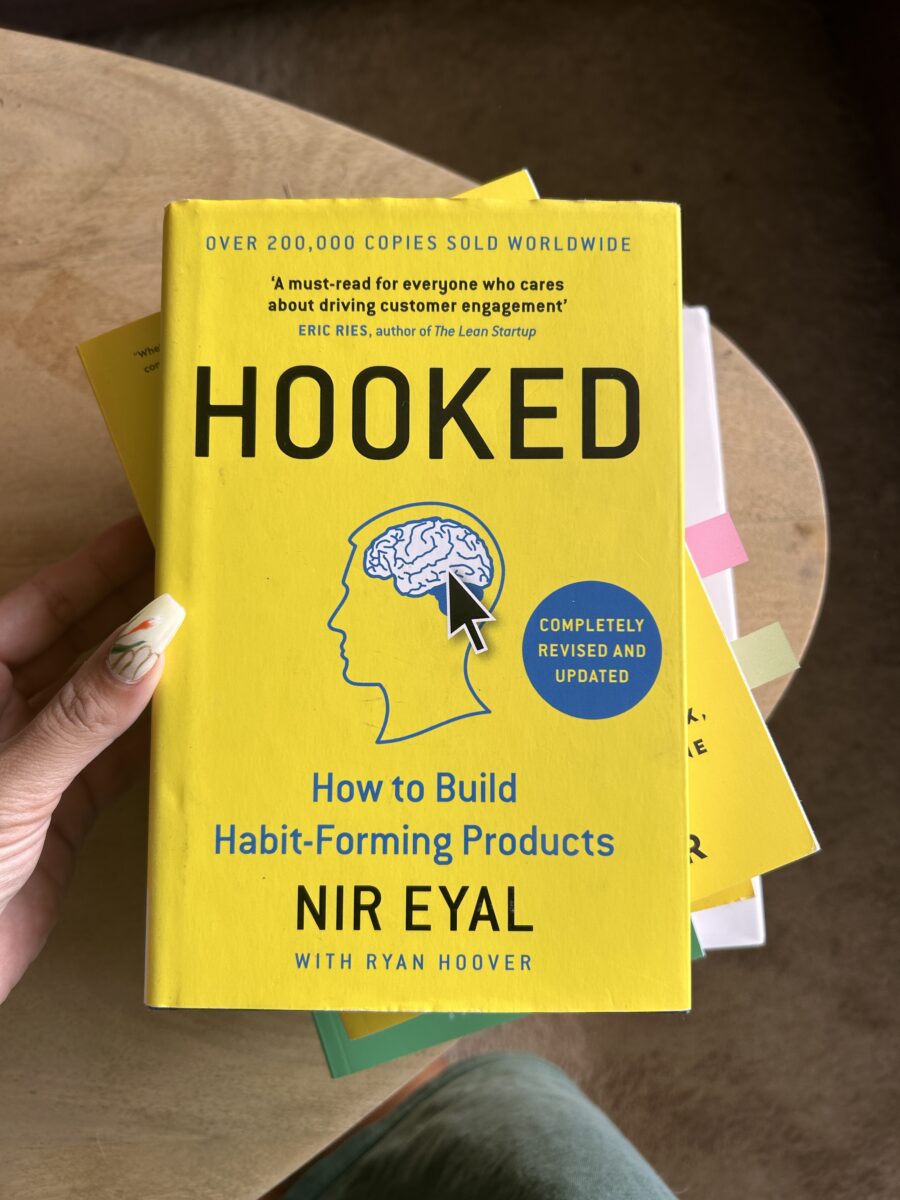
As the academic year begins, these five books on my shelf offer a diverse and thought-provoking exploration of contemporary global issues. From the ethical implications of emerging technologies to the nuances of cross-cultural communication and the realities of systemic privilege, each book provides a unique lens through which to view the challenges of our time. Whether you’re looking to broaden your understanding of the world, engage in meaningful discussions, or simply enjoy a well-crafted narrative, these titles are sure to enrich your intellectual journey. I hope you find them as inspiring and enlightening as I do. Happy reading!
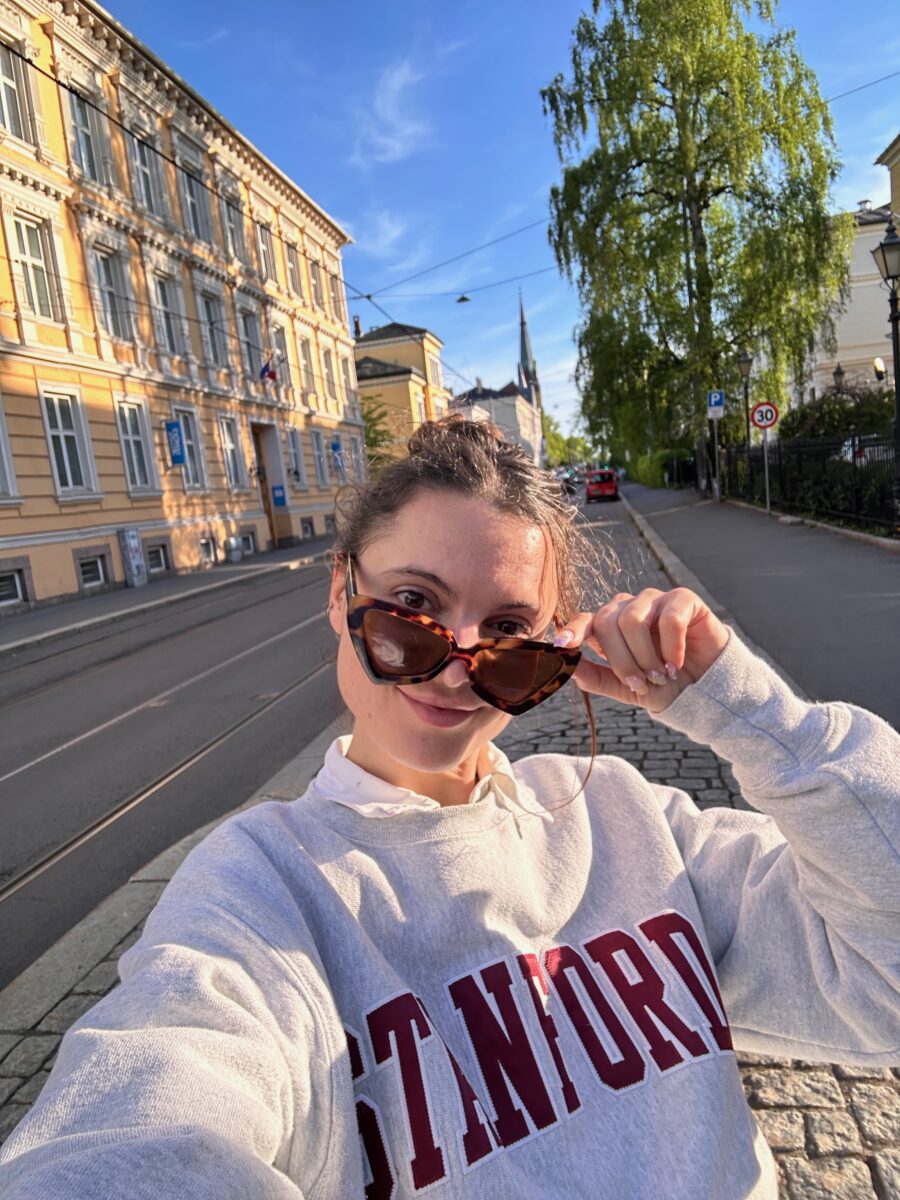
Hi! I’m Sophie
I am a social scientist and world explorer. In my work, I analyse the intersection of technology, information, democracy, and security. Nothing makes me happier than learning and discovering the wonders of the world. I consider myself an enthusiastic feminist and self-care advocate.

